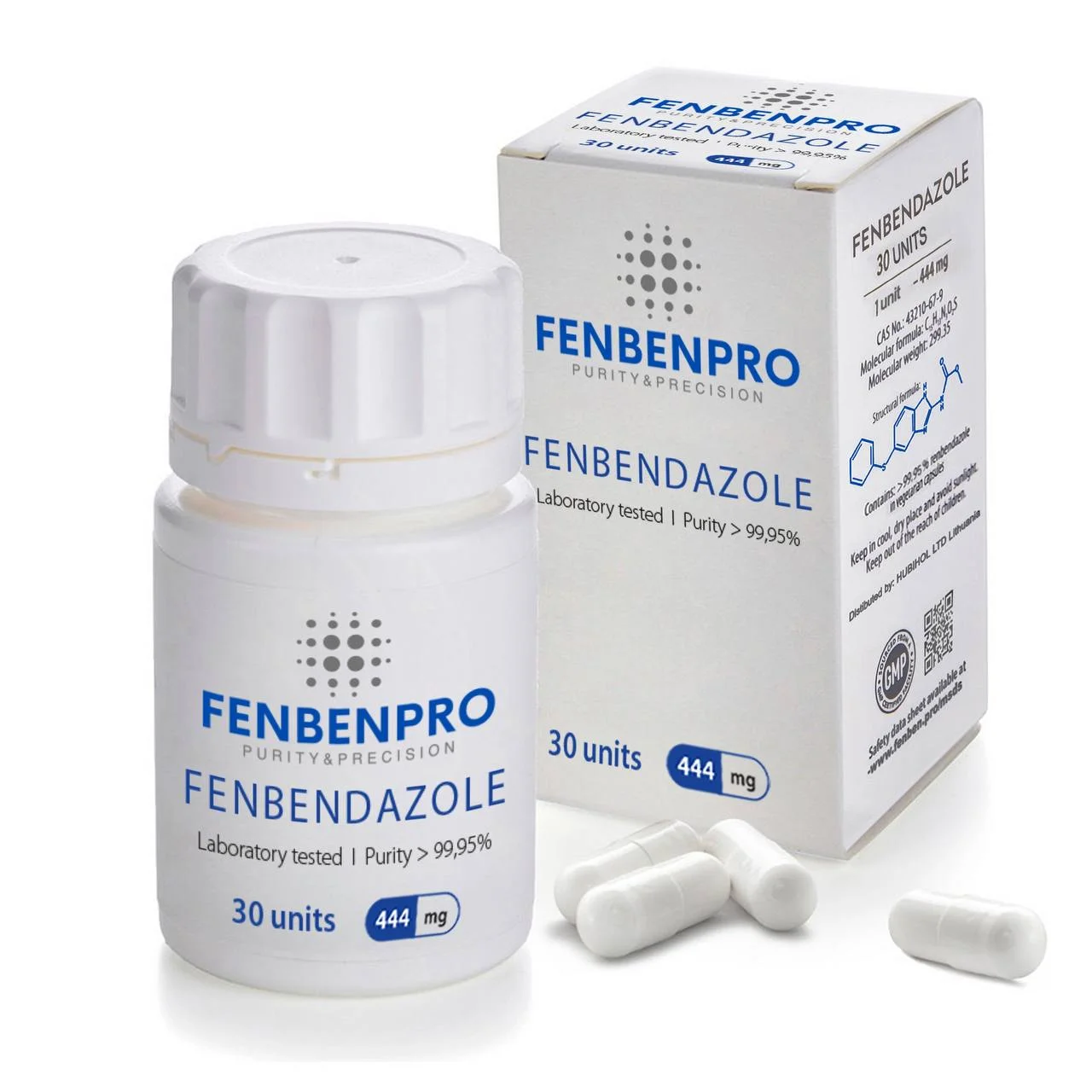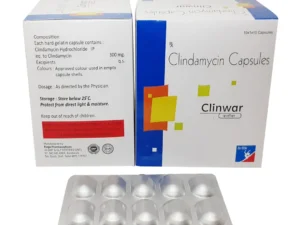Description
Fenbendazole: More Than Just a Dewormer? Exploring the Controversies and Potential Applications
Fenbendazole, a name typically associated with deworming dogs and livestock, has recently found itself in an unexpected spotlight. Outside of its conventional veterinary applications, it has garnered significant attention, particularly online, due to anecdotal claims about its potential anti-cancer properties. This article delves into the realities of fenbendazole, separating the established uses from the speculative and controversial claims surrounding its broader applications.
What is Fenbendazole?
Fenbendazole is a broad-spectrum benzimidazole anthelmintic. In simpler terms, it’s a medication used to treat parasitic worm infections in animals. It works by interfering with the parasite’s energy metabolism, ultimately leading to its demise. Veterinarians routinely prescribe fenbendazole for a variety of animals, including dogs, cats, horses, cattle, and sheep, to combat intestinal worms such as roundworms, hookworms, whipworms, and tapeworms. It’s generally considered safe and effective when administered as directed by a veterinarian.
Its Established Veterinary Uses:
- Deworming: The primary and well-established use of fenbendazole is to eliminate parasitic worms in animals.
- Treatment of Giardia: In some cases, fenbendazole is used to treat Giardia, a protozoal parasite that can cause diarrhea in dogs and cats.
- Livestock Management: Fenbendazole plays a crucial role in maintaining the health and productivity of livestock by controlling parasitic infections that can impact growth and overall well-being.
The Controversy: Fenbendazole and Cancer
The story takes an unexpected turn when we explore the anecdotal claims surrounding fenbendazole’s potential use in cancer treatment. This surge in interest stems from reports, primarily online, of individuals with cancer experiencing positive outcomes after incorporating fenbendazole into their treatment regimens. These reports typically include the use of fenbendazole alongside other medications, dietary changes, and lifestyle modifications.
Why the Interest?
The renewed interest in fenbendazole for cancer treatment appears to be fuelled by a combination of factors:
- Anecdotal Evidence: Personal stories of individuals claiming positive results are readily accessible online, contributing to the dissemination of the information.
- Scientific Research (in vitro): Some in vitro (laboratory) studies have shown that fenbendazole can inhibit the growth of cancer cells. However, these are preliminary studies and do not necessarily translate to efficacy in living organisms.
- Accessibility and Cost: Compared to conventional cancer treatments, fenbendazole is relatively inexpensive and accessible, making it an appealing option for some individuals.
The Reality: A Cautious Approach is Needed
It is crucial to emphasize that there is currently no conclusive scientific evidence to support the use of fenbendazole as an effective cancer treatment in humans. The in vitro studies, while intriguing, are a far cry from clinical trials that demonstrate safety and efficacy in humans.
- Lack of Clinical Trials: The most significant issue is the absence of well-controlled clinical trials evaluating the efficacy and safety of fenbendazole in humans with cancer. Without these studies, it’s impossible to determine whether the reported positive outcomes are directly attributable to fenbendazole or to other factors, such as conventional cancer treatments or lifestyle changes.
- Dosage Concerns: The appropriate dosage of fenbendazole for potential anti-cancer effects in humans is unknown. Self-treating with fenbendazole without medical supervision carries the risk of adverse side effects and potential interactions with other medications.
- Delaying Proven Treatments: Perhaps the most significant concern is that relying on unproven remedies like fenbendazole could lead individuals to delay or forgo evidence-based cancer treatments, potentially jeopardizing their health and well-being.
The Importance of Professional Guidance
The desire to explore alternative or complementary therapies for cancer is understandable. However, it is paramount to consult with a qualified healthcare professional before considering any unproven treatment, including fenbendazole. A doctor can assess your individual situation, discuss the potential risks and benefits of various treatments, and guide you towards evidence-based options.
Conclusion:
Fenbendazole remains a valuable medication for treating parasitic worm infections in animals. While anecdotal reports and preliminary research have sparked interest in its potential anti-cancer properties, rigorous scientific evidence supporting its use in humans with cancer is currently lacking. Until well-designed clinical trials demonstrate its safety and efficacy, fenbendazole should not be considered a substitute for conventional cancer treatments. Talking to your doctor is crucial before considering any alternative therapy, ensuring you make informed decisions based on the best available scientific evidence.














Reviews
There are no reviews yet.